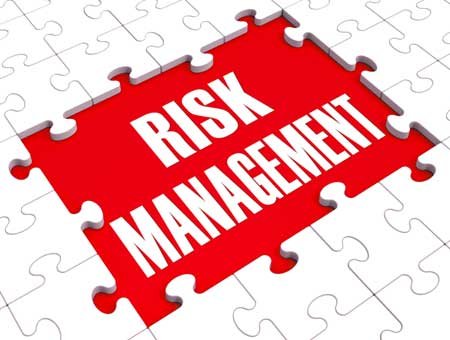CONDUCT RISK – UNDERSTANDING THE CHALLENGE AND LOOKING FOR THE RIGHT PATH
Published by Gbaf News
Posted on June 12, 2015
4 min readLast updated: January 22, 2026

Published by Gbaf News
Posted on June 12, 2015
4 min readLast updated: January 22, 2026

Back in 2013 when the FCA was first created, ‘conduct risk’ was certainly not a hot topic. Things have much changed since then, but there are many people in the wealth management and private banking industry who are still unclear about precisely what conduct risk is and what it means for their organisation. Neil Herbert, Director of training and competence software firm HRComply, answers those questions.
The greatest challenge facing compliance and risk professionals today is trying to define the acceptable levels of conduct in the multiple market, investment and client sectors that the FCA regulates.
Conduct risk is a central component of enterprise risk management and as such should be embedded at the very foundation of a firm. This means developing appropriate policies and procedures for the firm’s markets and clients. These elements must be benchmarked and monitored, with management oversight mechanisms deployed.
What is conduct risk?
Conduct risk is, in effect, the danger that the conduct of a regulated firm will hinder the FCA from achieving its objective of making relevant markets work well so consumers get a fair deal. This objective is supported by three broad outcomes that the FCA desires. These outcomes are that:

Neil Herbert
What does it mean for organisations?
If conduct risk is not just another type of risk that needs to be ‘ticked off’ by the compliance team, how should it be approached? Here are eight typical elements of a conduct risk strategy that the FCA might expect to see within wealth management firms.
Looking for the right path
There continues to be little evidence that the issue of conduct risk is being addressed at its root. Yes, Barclays has established its very own ‘Compliance Career Academy’ (in association with Cambridge University’s Judge Business School) after a series of scandals, but too few firms are placing conduct risk at the top of the management agenda and taking responsibility for the issue at board level.
Yet this is the only way that conduct and compliance strategies will ever be embedded from the ‘top down’, in the manner that the FCA seeks.
Explore more articles in the Business category











